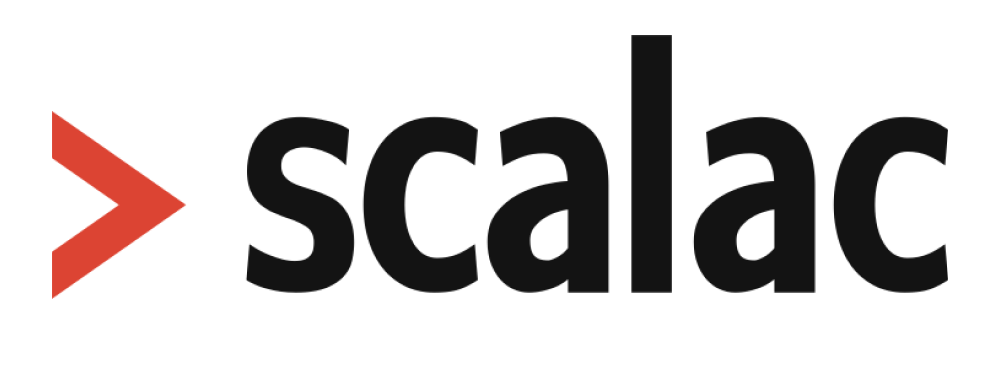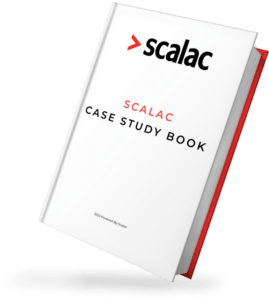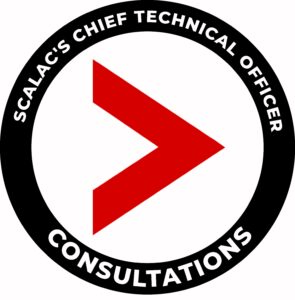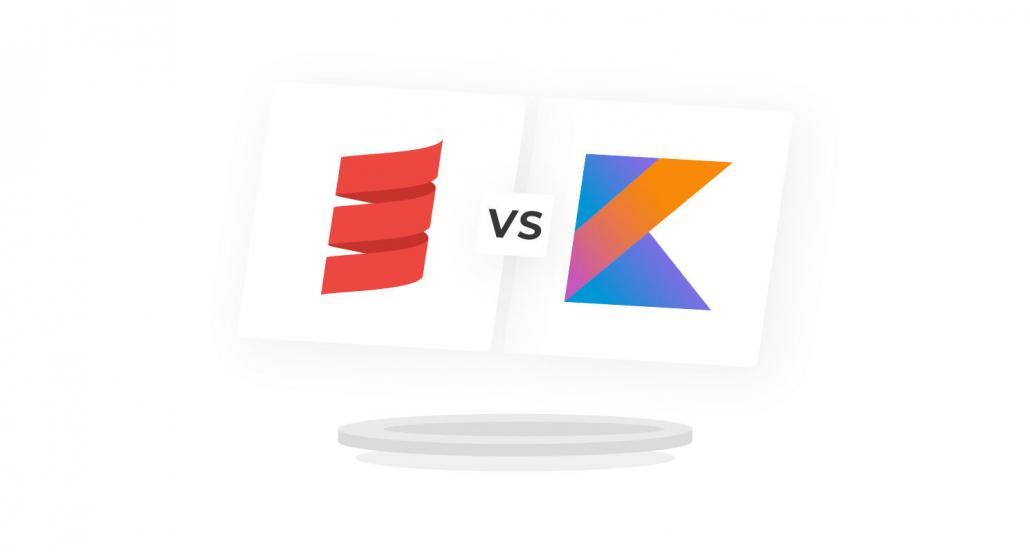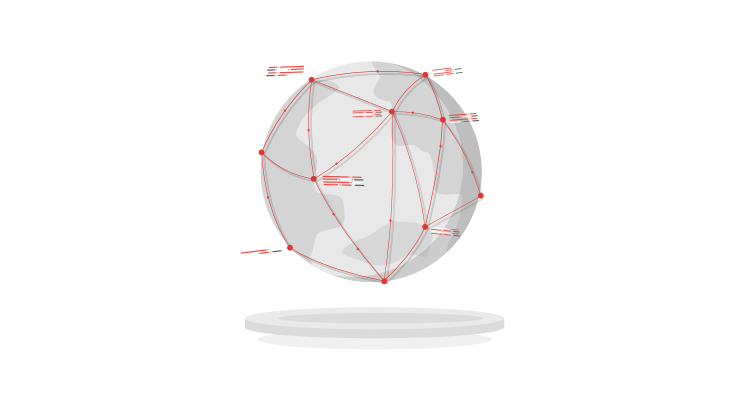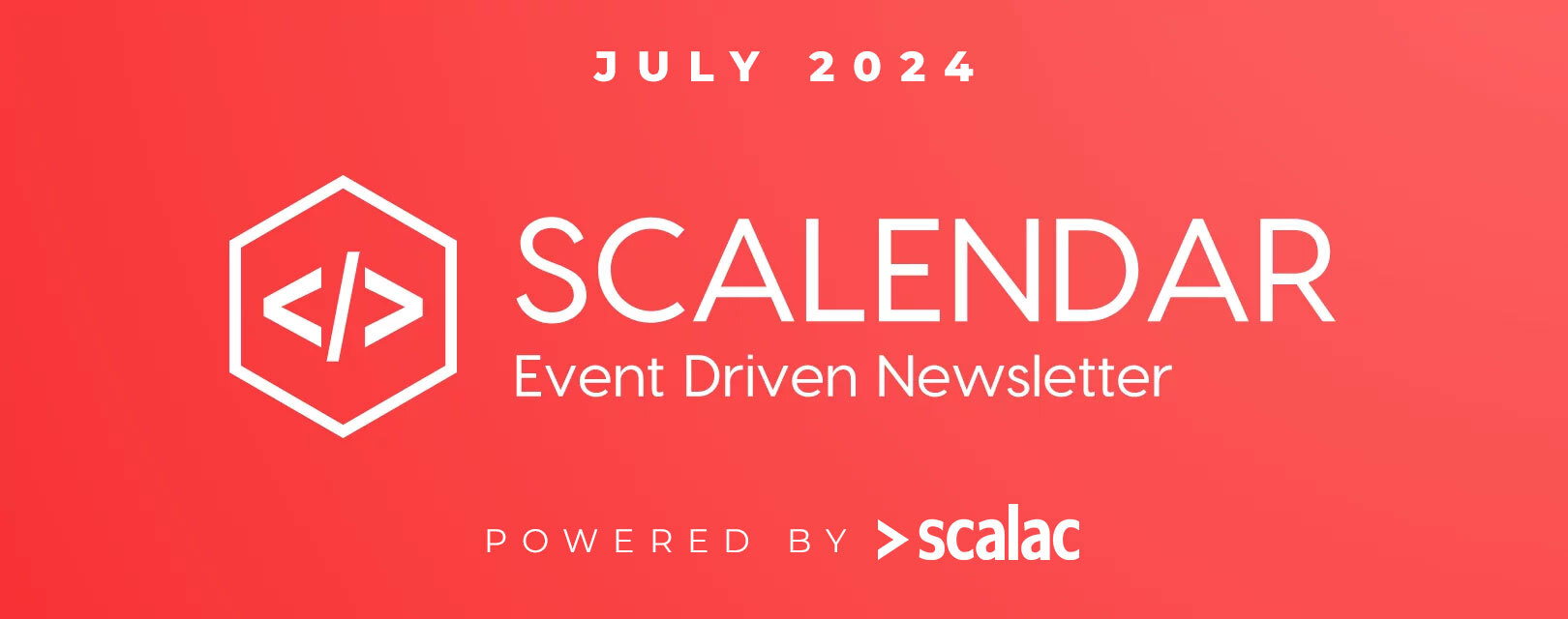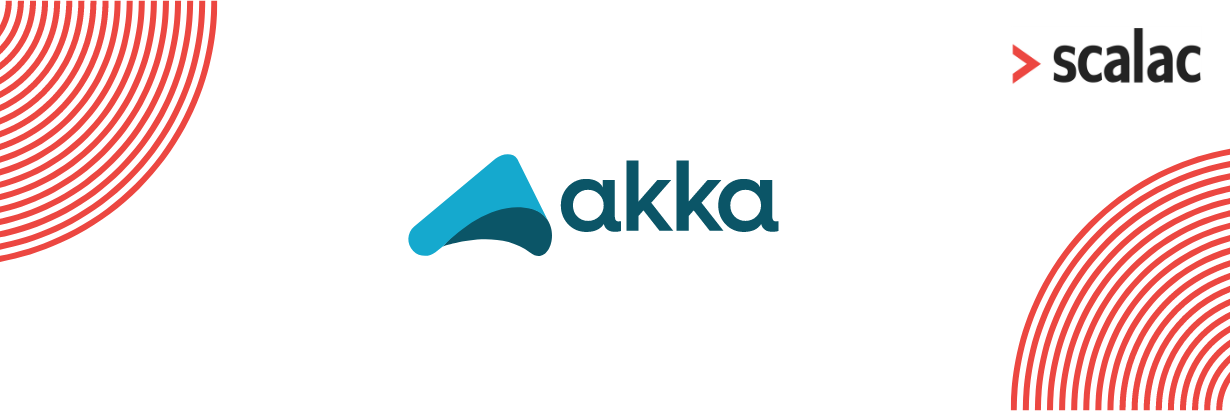
Case Study: Driving Efficiency and Automation in the Hospitality Industry

Our clients in the hospitality industry have benefited from IT projects outsourcing with custom-built, fully integrated software platforms. In every case, this has led to greater synchronization, customer satisfaction, and organizational efficiency.
Introduction
Scalac, an IT projects outsourcing company, works with a wide range of companies in the hospitality space. These clients rely on complex databases to manage rentals and bookings, all of which need to be customized to guests’ needs.
Our clients typically rely on proprietary technology to take bookings, manage properties, and communicate with customers across a variety of touch-points. Assets under management often exceed $1 billion.
What Challenges Do Companies in the Hospitality Industry Face?
Companies in the hospitality space, especially those that rely heavily on customer-facing websites and apps, often face the following challenges:
- The need for a unified development team that combines different programming specialities and skill sets.
- Ongoing and sometimes sudden industry changes that required an agile, multidisciplinary approach to building apps and performing analysis.
- The requirement to collect and access data to scale products and update user experience quickly and with a minimum of errors.
- A lack of tested recruitment processes to find best-fit developers capable of working within complex tech stacks.

What Solutions Does Scalac Provide within IT Projects Outsourcing?
Scalac is adept at identifying key areas for improvement for hospitality companies, particularly in relation to integrations.
Scalac typically delivers the following tactical and strategic solutions:
- Forecasting studies to assess potential impacts on users as a result of changes to a company’s user-facing platforms.
- Readiness plans to minimize possible detrimental outcomes that are part and parcel of complex development projects.
- Developer recruitment processes, allowing the company to grow its in-house team quickly and sustainably.
- Clear blueprints for creating integrations. We base our approach on customer feedback, technological gaps, and an understanding of already-completed work.
- Greater customization for the customer journey. In the context of hospitality, this applies to initial reservation right through to post-checkout.
- Integration of the backend system—data, granular functions, top-level processes, and subsystems—into a seamless whole.
- Unification of core backend functionalities, including reservation flows, property listings, content, financial management, and so on, into a single platform.
Recognizing the Need for a Custom Tech Stack
Scalac works with a wide range of programming languages and frameworks. The following are common in the hospitality industry:
- Cats
- FS2
- Sangria
- Monix
- Tagless final
- Postgresql
- Doobie
- Kafka
- AWS
- Quill
Working with Scalac
Scalac works with hospitality clients remotely and communication can be in several languages, including English.
It is also common for Scalac to build a team of developers in similar time zones to our clients. This makes scheduling meetings and dealing with urgent issues very easy. That minimizes risks and doubts that some companies have when it comes to IT projects outsourcing.
Scalac opts for communication platforms, such as Slack, that our clients’ employees are familiar with. This eliminates issues related to time differences and enables clients to reach us quickly whenever needed.
What Results Does Scalac Typically Achieve?
The following list represents a fairly typical example of deliverables that clients can expect to receive within the first several months of a collaboration with Scalac:
- Build numerous multi-systems integrations, with full documentation and learning materials.
- Implement new features, including events processing, data synchronization, and APIs.
- Make improvements to data storage systems and search engines.
- Create dedicated services for integrating over-the-air (OTA) services, which combine data synchronization, event processing, and APIs to form the basis of new features on web and mobile devices.
- Add search filters—number of guests, beds, bathrooms, etc.—to help users find specific types of accommodation.
Contact us at [email protected] if you want to work with us and find out more about our outsourcing, custom software development services for the Hospitality Industry.
